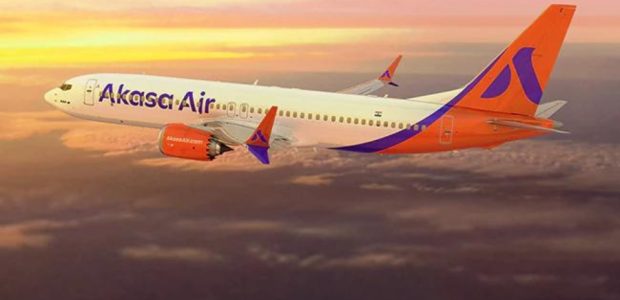
In a challenging turn of events, Akasa Air, one of India’s emerging airlines, is grappling with a major crisis triggered by the abrupt resignation of 43 pilots. This unexpected departure has forced the airline to cancel a staggering 600-700 flights in the month of September alone, disrupting travel plans for countless passengers.
Akasa Air, in just over a year since its inception, finds itself in a dire situation, prompting a firm legal response. The airline is seeking legal measures against the pilots who left without serving their notice periods, aiming to claim approximately Rs 22 crore in compensation to mitigate the severe revenue losses resulting from the extensive flight cancellations.
The airline’s reputation has taken a severe hit, with frustrated passengers flooding the airline with complaints. Akasa Air has also accused Air India Express of enticing their pilots away, further escalating the situation. The departing pilots have cited a preference for Air India Express, primarily due to the latter’s Boeing 737 aircraft fleet.
This pilot exodus signifies a significant setback for Akasa Air, considering the challenge in finding replacement Boeing 737 pilots in India compared to their Airbus A320 counterparts. This struggle to secure an adequate workforce is looming ominously over the airline’s financial stability, posing a threat to its ambitious expansion plans. Addressing the grievances of remaining pilots, especially regarding compensation changes, is essential to restore harmony within the ranks of the airline.
Adding to the complexity, some departing pilots have raised concerns about the airline altering their salary structure, suggesting a breach of contractual agreements. This unforeseen departure of talent is sending ripples of concern through Akasa Air, which had recently celebrated the induction of its 20th aircraft and its newfound eligibility to operate international routes. The road to recovery for Akasa Air will require strategic planning, legal resolution, and rebuilding trust among both its passengers and workforce.